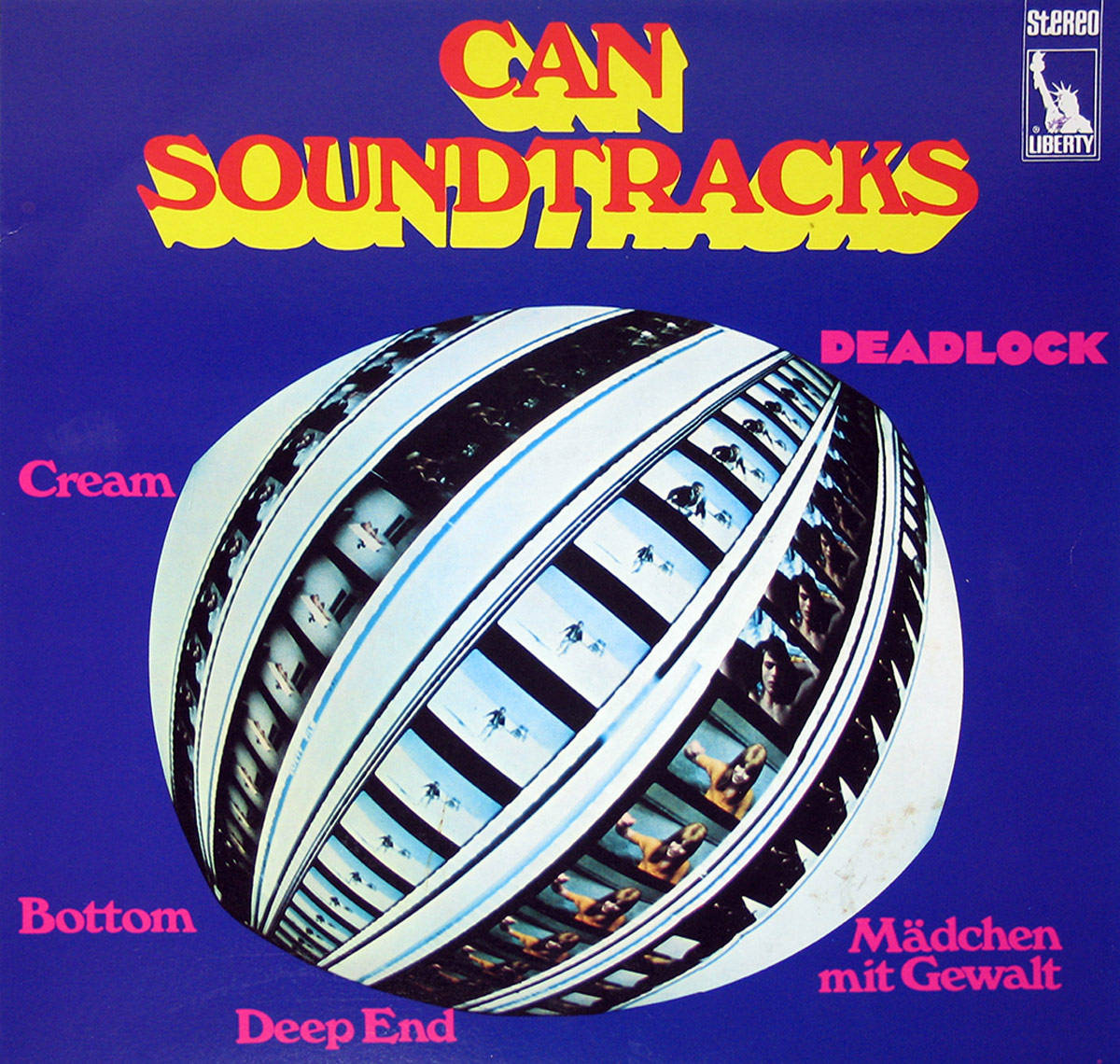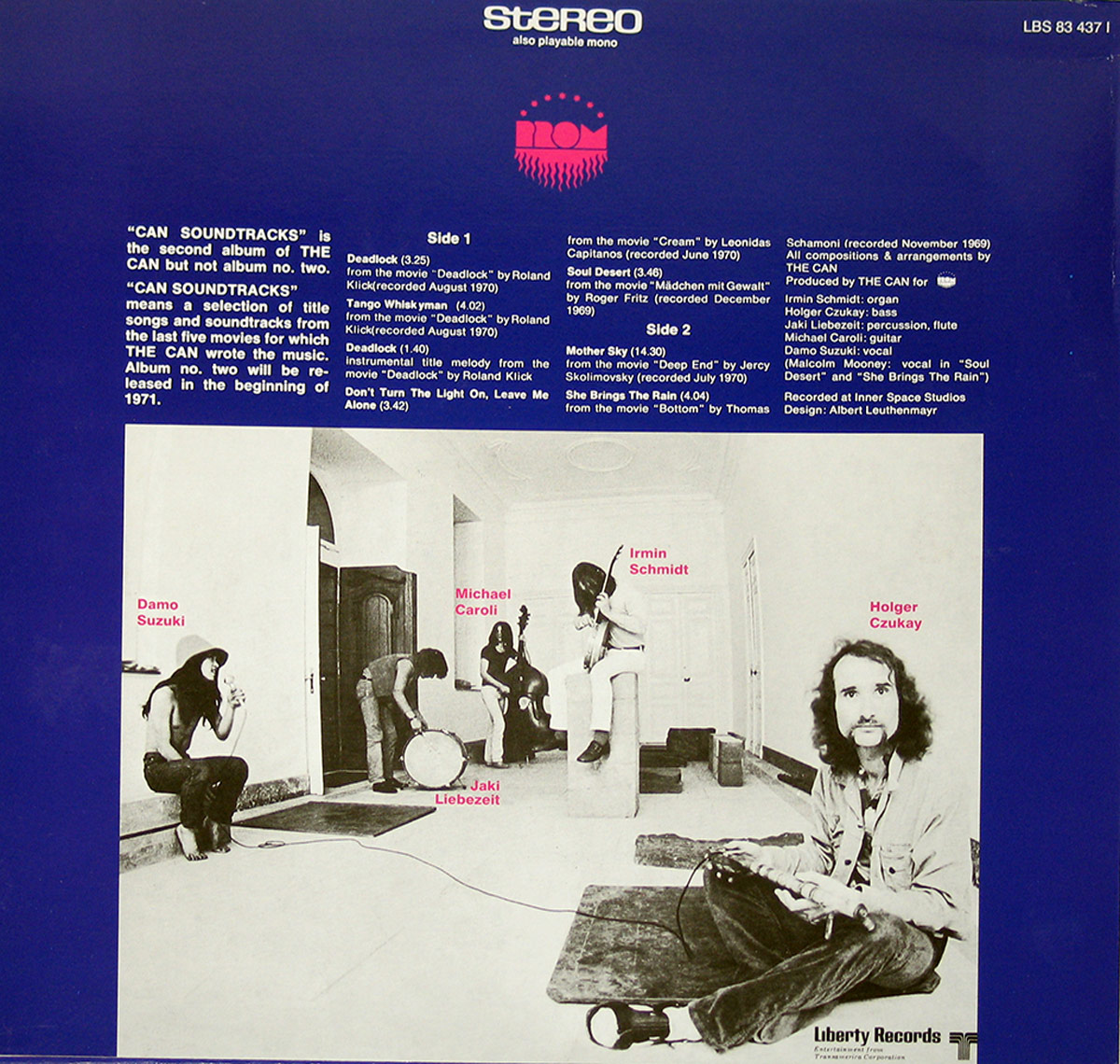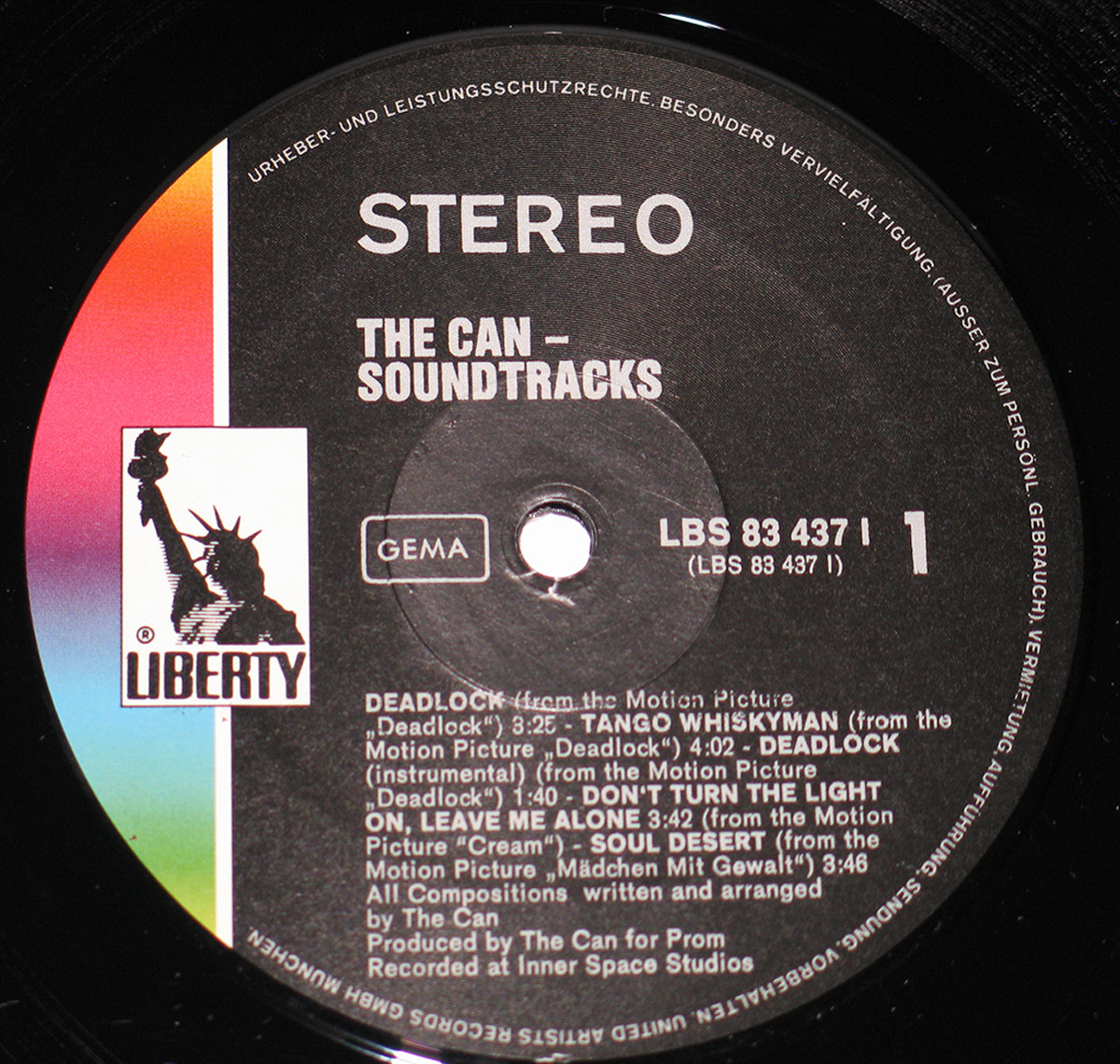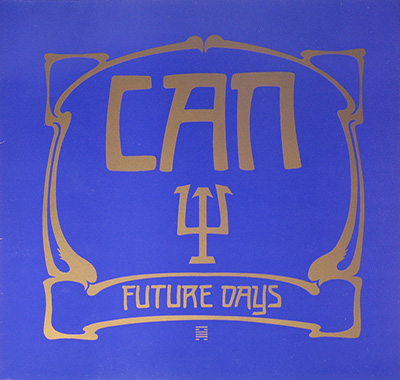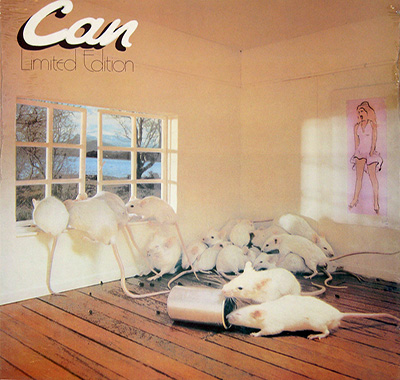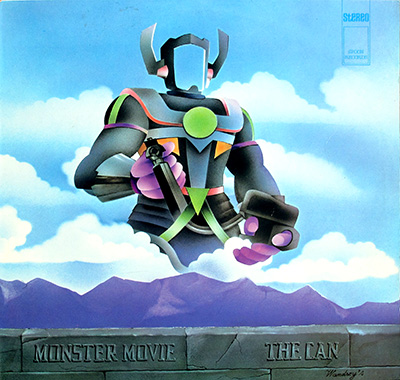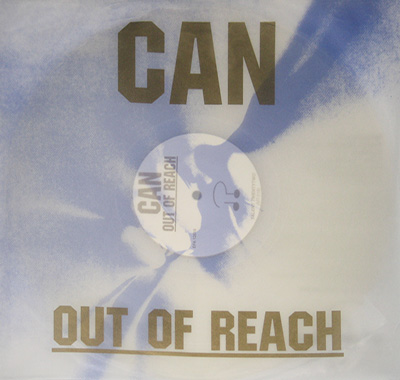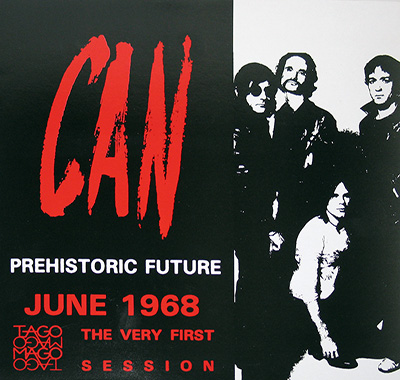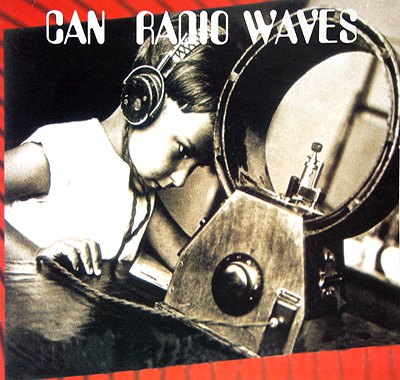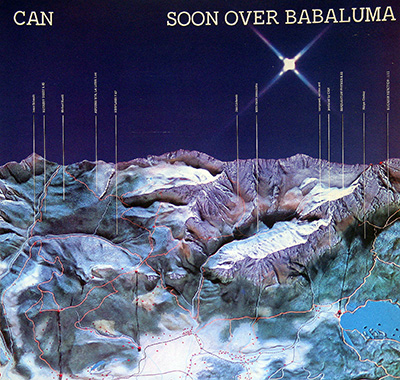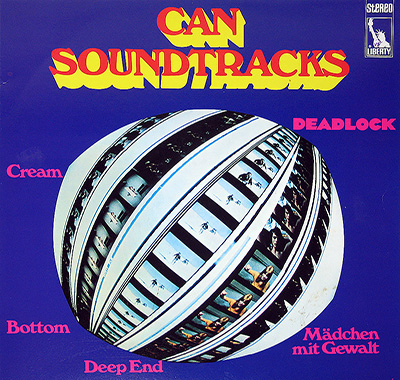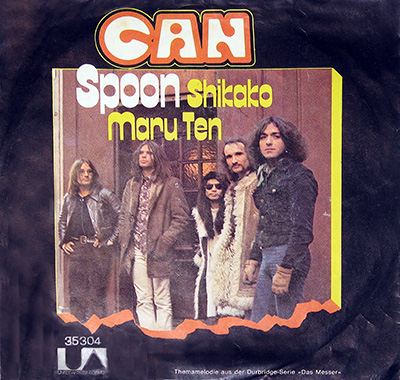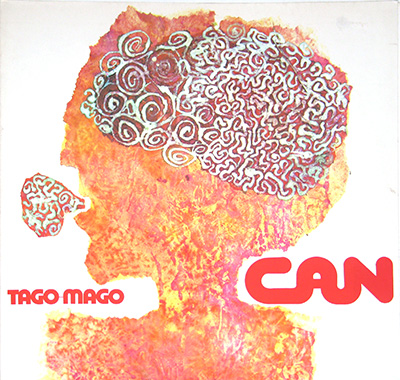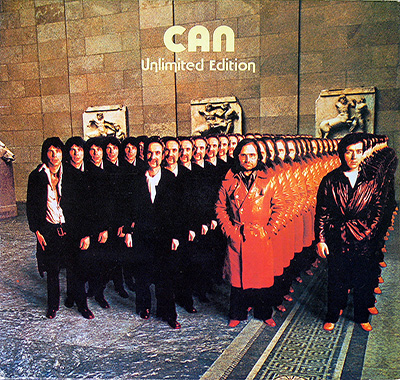Released in 1970, "Soundtracks" stands as a pivotal moment in the career of the German experimental rock band Can, and in the broader landscape of Krautrock. A soundtrack album by nature, it captures the band's unique approach to music composition for film, while also showcasing a period of transition and musical exploration.
Historical Context
"Soundtracks" emerged during a fertile period for West German cinema, often referred to as the New German Cinema movement. Filmmakers were pushing boundaries, exploring social and political themes, and Can's music proved to be a perfect complement to this spirit of experimentation. The album features compositions created for films like "Deadlock" (directed by Roland Klick) and "Deep End" (directed by Jerzy Skolimowski).
Musical Exploration
The album is marked by a distinct shift in Can's sound. It sees the departure of their original vocalist, Malcolm Mooney, who lends his voice to two tracks, "Soul Desert" and "She Brings the Rain." His raw, expressive style contrasts with the more ethereal and improvisational vocals of Damo Suzuki, who makes his debut on the remaining tracks. This juxtaposition highlights the band's willingness to embrace change and explore new sonic territories.
Genre-Bending Soundscapes
Musically, "Soundtracks" embodies the eclectic spirit of Krautrock. It melds elements of psychedelic rock, funk, jazz, and avant-garde experimentation. The band's rhythm section, featuring the propulsive drumming of Jaki Liebezeit and the melodic basslines of Holger Czukay, anchors the music, while the dual guitars of Michael Karoli and Irmin Schmidt create a tapestry of atmospheric textures and hypnotic riffs.
The album's most iconic track, "Mother Sky," is a sprawling, 14-minute odyssey that epitomizes Can's improvisational approach. It's a trance-inducing journey through shifting rhythms, swirling soundscapes, and Suzuki's otherworldly vocals.
Production Team and Recording Studio
Can produced "Soundtracks" themselves, a testament to their DIY ethos and desire for creative control. The album was recorded at their own Inner Space Studios in Cologne, a converted cinema that became the band's creative hub. This environment allowed them to experiment freely, resulting in the album's unique sonic character.
